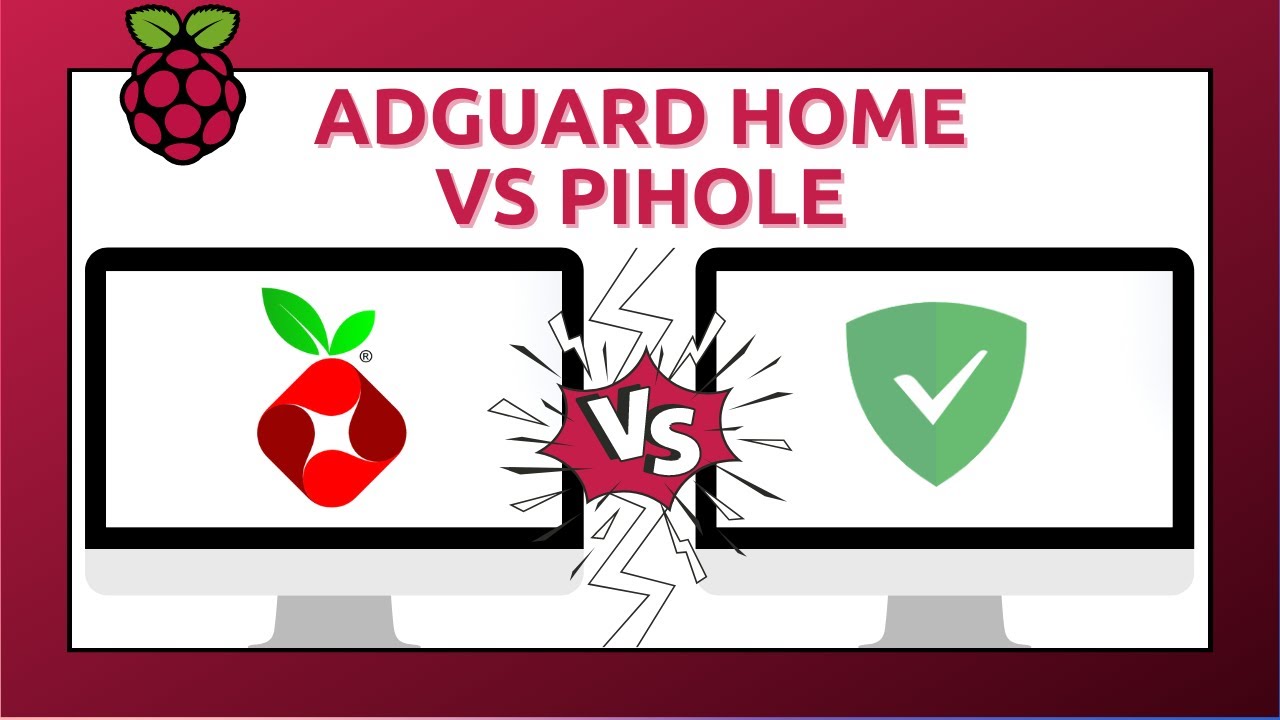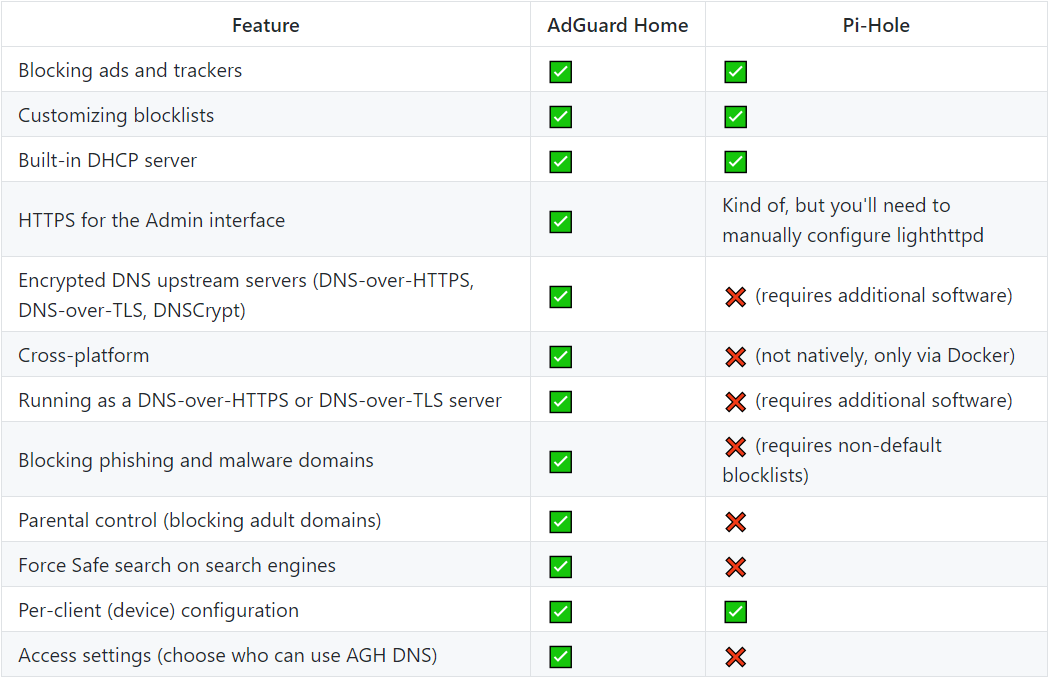me your friendly neighborhood tech explainer, ready to spill the tea (digitally speaking, of course!). I’ve messed around with both, and honestly, it’s not as complicated as some folks make it out to be. Let’s keep things chill and easy-peasy.
First off, both Pi-hole and AdGuard are like bouncers at the door of your internet connection, keeping annoying ads and trackers from crashing your party. They work by intercepting DNS requests – that’s the stuff that translates website names (like google.com) into numbers your computer understands. When your computer wants to visit a website known for ads, Pi-hole or AdGuard intercepts the request and says, “Nope, not today!”


The biggest difference, and this is where it gets a little technical (but I promise to keep it simple!), lies in how they do it. Pi-hole is like that super-efficient, no-nonsense friend who gets the job done. It’s essentially a DNS server you set up yourself, often on a Raspberry Pi (hence the name!), but it can run on other systems too. It’s open source, meaning the code is public, and the community is pretty awesome and helpful. Think of it as a lean, mean, ad-blocking machine.
AdGuard, on the other hand, is more like the all-in-one package. It’s a bit more user-friendly, with a slicker interface and more features right out of the box. You don’t need to be a tech wizard to set it up, and it offers a wider range of options, including things like parental controls and enhanced privacy features. It’s available as software for your computer or phone, or you can use their Home server option, which is more comparable to Pi-hole.
Now, let’s talk practicality. For me, the biggest deciding factor is my tech skills and how much time I want to spend tinkering. Pi-hole is a DIY project. It’s super customizable and powerful, but you need to be comfortable with command-line interfaces and potentially troubleshooting network settings. If you enjoy a bit of a challenge and want complete control, Pi-hole might be your jam.
AdGuard, however, is much more plug-and-play. Install it, configure a few settings, and you’re good to go. If you’re not comfortable messing around with server configurations or just want a simple, effective solution, AdGuard is the easier route. It’s also got a premium option with extra features, which is something to consider.
Think of it like this:
| Feature | Pi-hole | AdGuard |
|---|---|---|
| Setup Difficulty | More complex, requires technical skills | Easier, more user-friendly |
| Cost | Free (open-source) | Free (basic), paid options available |
| Customization | Highly customizable | Less customizable, but still plenty of options |
| Features | Primarily ad blocking | Ad blocking, plus additional security features |
| Maintenance | Requires some technical know-how | Less maintenance required |
Honestly, both are capable of blocking ads effectively. The difference comes down to your personal preferences and technical expertise. If I were setting this up for my grandma, who’s not exactly a tech whiz, I’d definitely go with AdGuard. For myself, I’m probably more inclined towards Pi-hole because I find that level of control rewarding. It’s also fun to tinker with!
Another important thing to keep in mind is that neither is perfect. Some ads are particularly sneaky and might slip through the cracks. Also, you might find that certain websites become slightly less functional – some might use ads for critical elements of their functionality, and blocking them could break the site. You’ll have to weigh the pros and cons of potentially breaking sites against the annoyance of ads.
Ultimately, there’s no single “best” choice. The best ad blocker for you depends on your technical skills, your budget, and what features are most important to you. If you are looking for a completely hands off approach and don’t mind paying for premium features, AdGuard is probably the winner, but if you value control and like a bit of a technical challenge, Pi-hole is the right choice. And if you’re still unsure, you could always try both! Many offer free options to test out their basic features.


So, what’s your experience with ad blockers? What are your priorities when it comes to choosing one? I’m genuinely curious to hear your thoughts!



